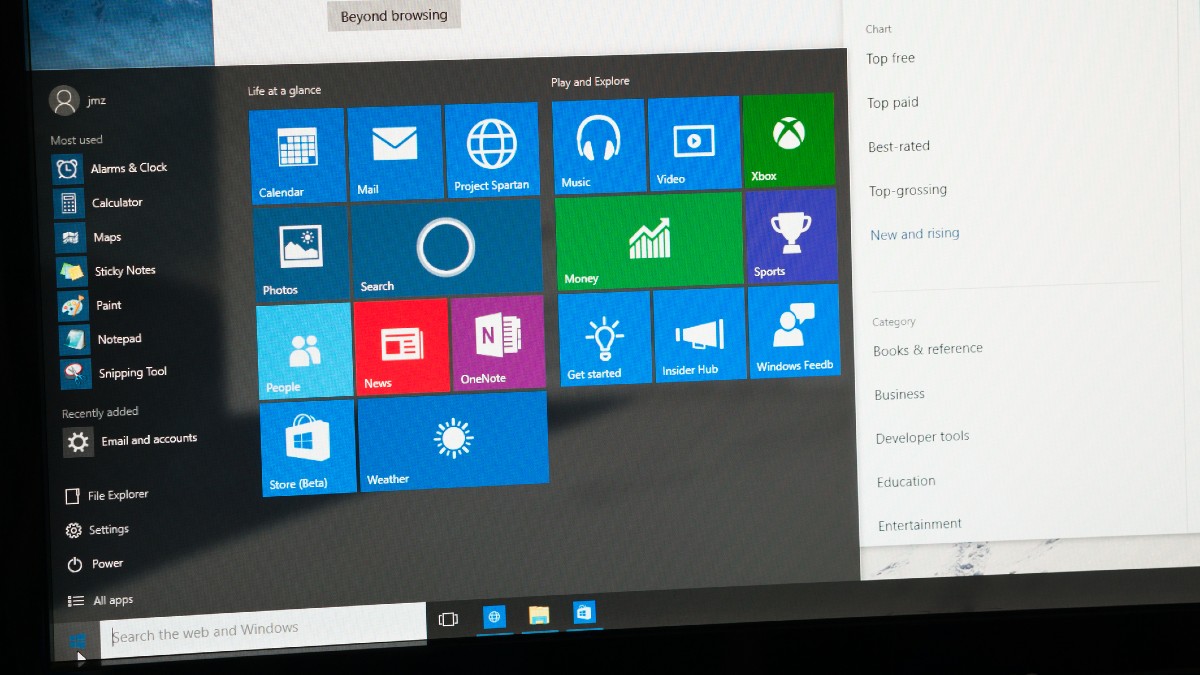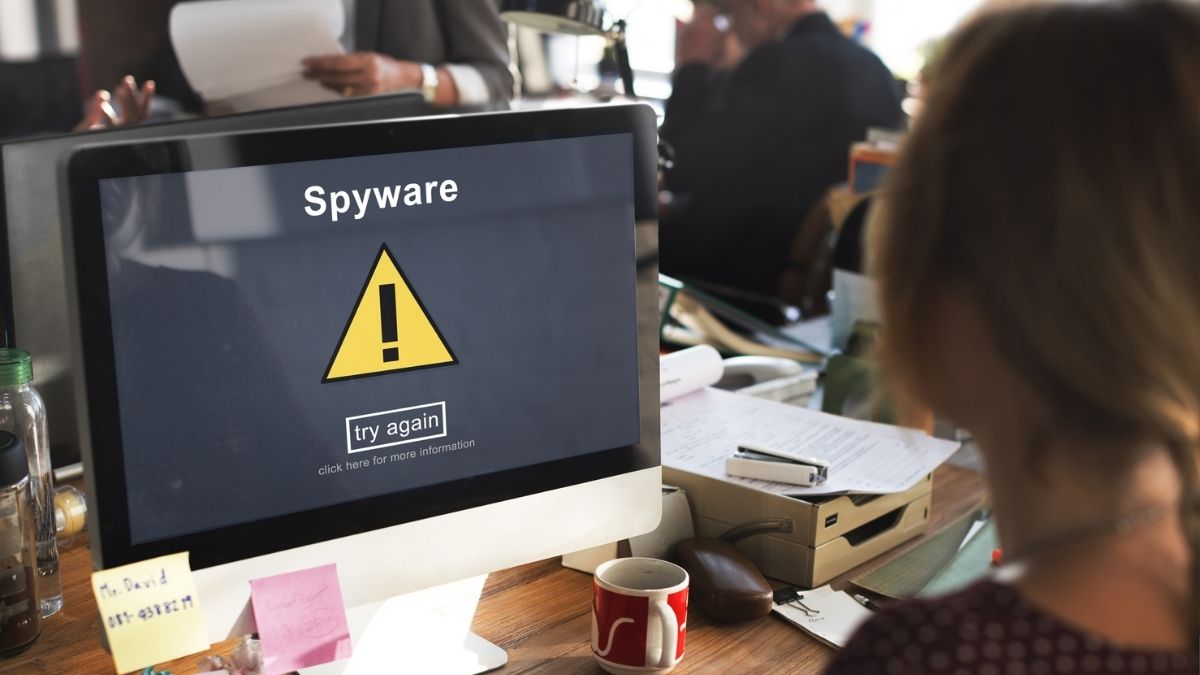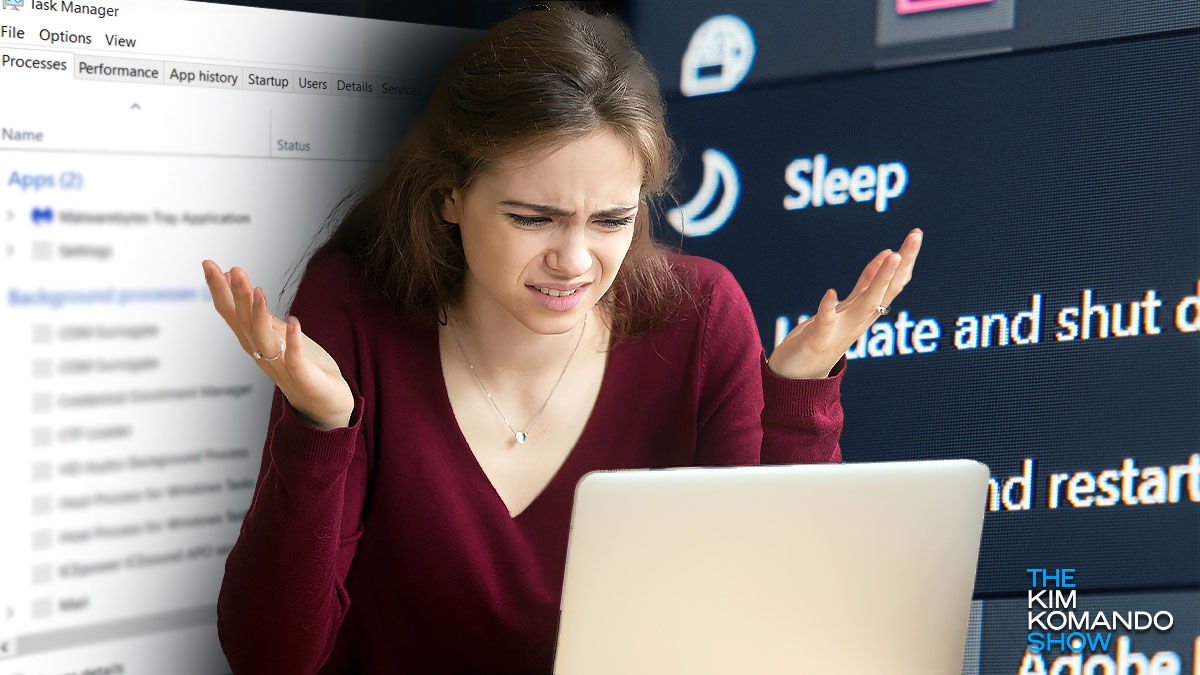Slow PC? Easy way to streamline your computer's start up

When it comes to tech, speed is everything. We want our devices to boot in seconds and our apps to run seamlessly. The catch is that no matter how fast our devices are out of the box, we are the main culprits in slowing things down.
Your computer maintenance habits significantly affect your devices’ performance. When was the last time you cleaned out your temporary files? Is your download folder full of junk? These are some issues killing your computer’s performance. Tap or click here for tips on taking out the trash and giving your machine room to breathe.
Having a bunch of programs that start automatically can also slow down a PC. Windows comes with many preloaded programs, not all of which you’ll use. And some of those are set to open whenever you boot up your computer. You can stop this and take back your PC’s performance. This tip is brought to you by Dell, a sponsor of Kim’s national radio show. Call a Dell Technologies Advisor today at 877-ASK-DELL or go to Dell.com for free expert support.
Speed bumps
Windows 11 carries over many of the same features as its predecessors, and not all of them are good. When you download a new app, chances are it will default to open whenever you start your computer. Even apps that come with your PC have this (sometimes) annoying trait.
Some common startup apps on your PC include iTunes Helper, QuickTime, Adobe Reader, Zoom, Google Chrome, Microsoft Office, Microsoft Teams, Spotify Web Helper, Xbox App Services, CyberLink YouCam, Steam and more.
You may think you need these apps to start up every time you start your PC, but that’s not the case. Even if you use them daily, you can open them when you’re ready. And no, you don’t need them to start automatically to get their updates.
RELATED: You can now launch Android apps in Windows 11 – Here’s how
Give them the boot
These startup apps consume resources your PC would otherwise use to boot up and run faster. You can disable them safely through your Windows 10 and 11 settings.
- Open Settings through the Start menu or search for “settings” in the taskbar.
- Select Apps, then Startup.
- Click on the slider next to each app to disable or enable it.
- Check the impact level to see how much or how little an app affects your startup process.
There are some apps you can leave enabled on startup, including any antivirus/antimalware/firewall programs, services for audio, wireless and touchpads, applications for your hardware (AMD, Intel) and cloud services (Google Drive, Dropbox), among others.
Quick check to make sure no one is spying on your computer

A few decades ago, the average Joe didn’t have to worry about spies poking around their private life. Thanks to the internet, you now have to worry about spies snooping on your computer, tablet and smartphone. That’s why we’re sharing a few ways to ensure no one is spying on your computer.
Quick check to see if someone is spying on your computer

We all know the feeling. You’re scrolling through your phone, and there it is. An ad that you can tie back to a recent conversation with a friend. Tap or click here for simple steps to make advertisers stop tracking you.
